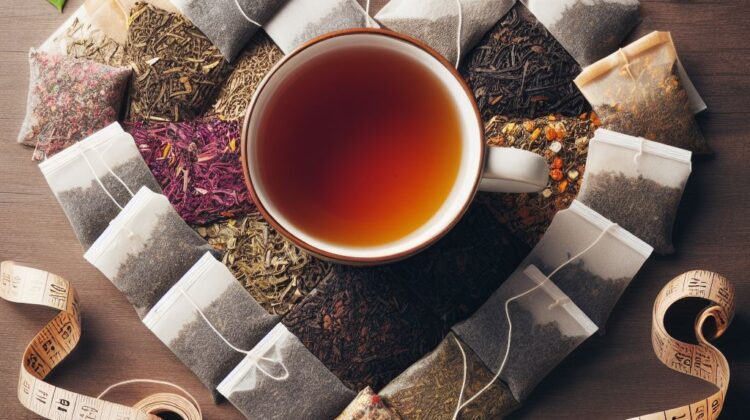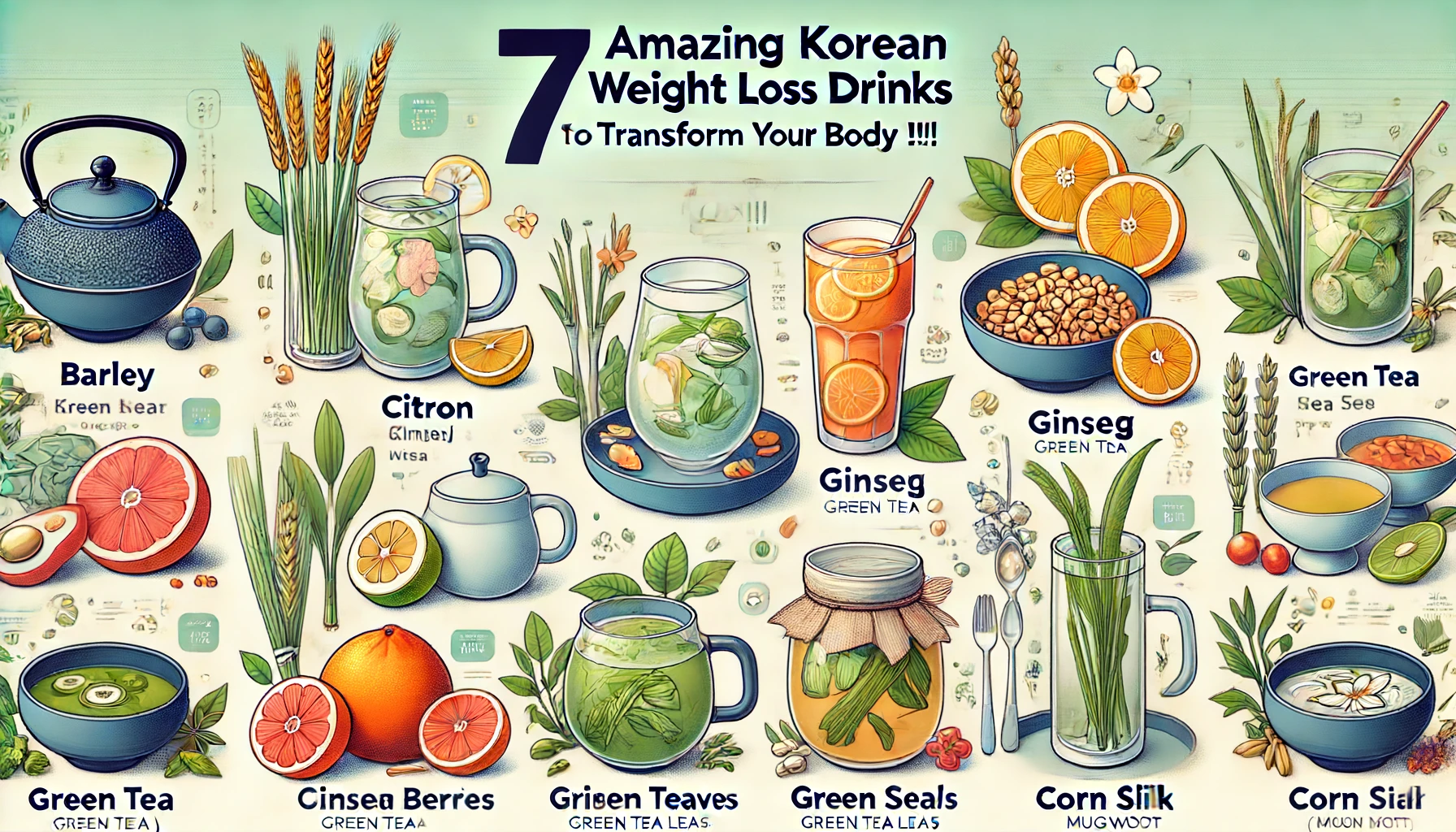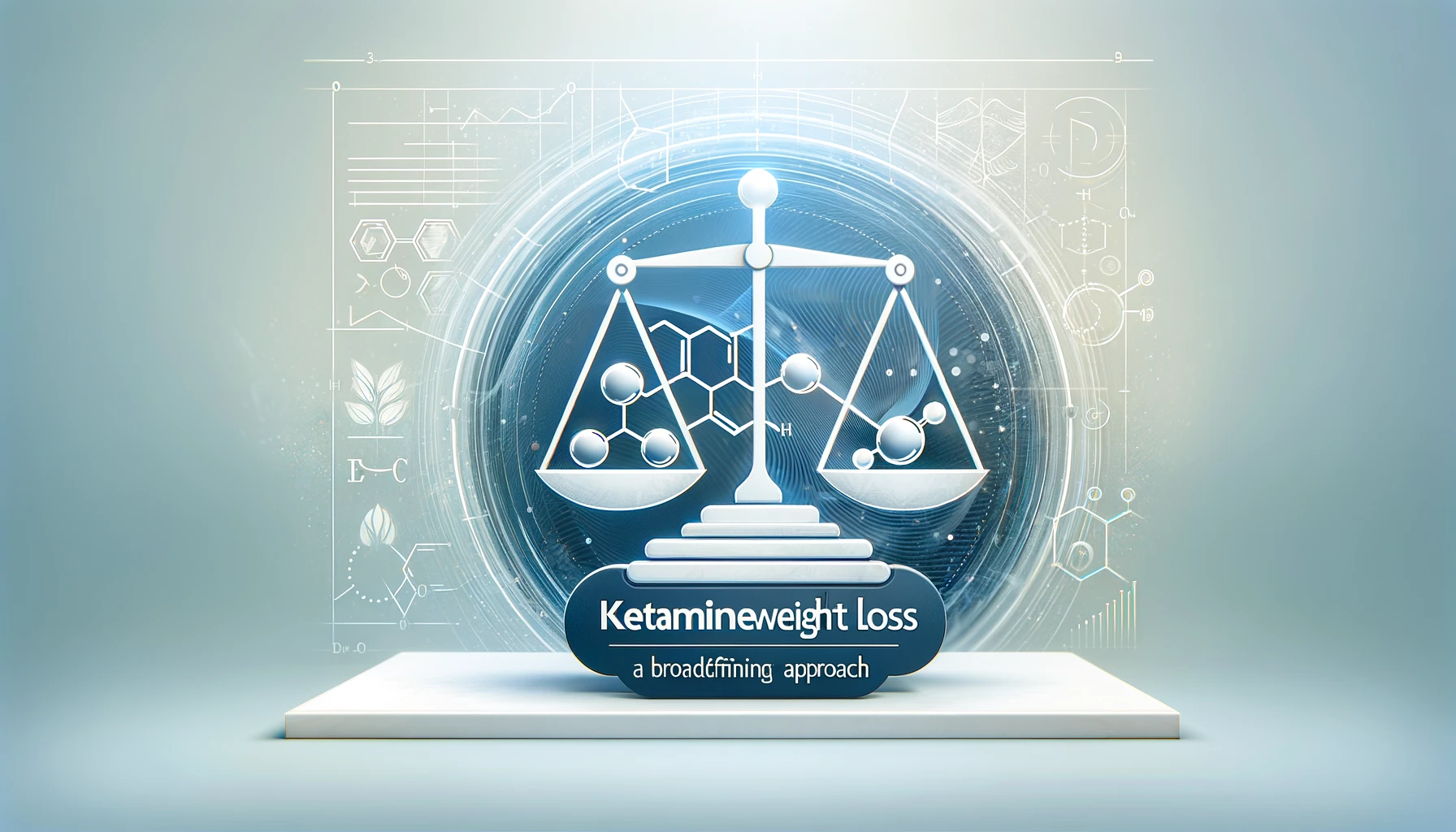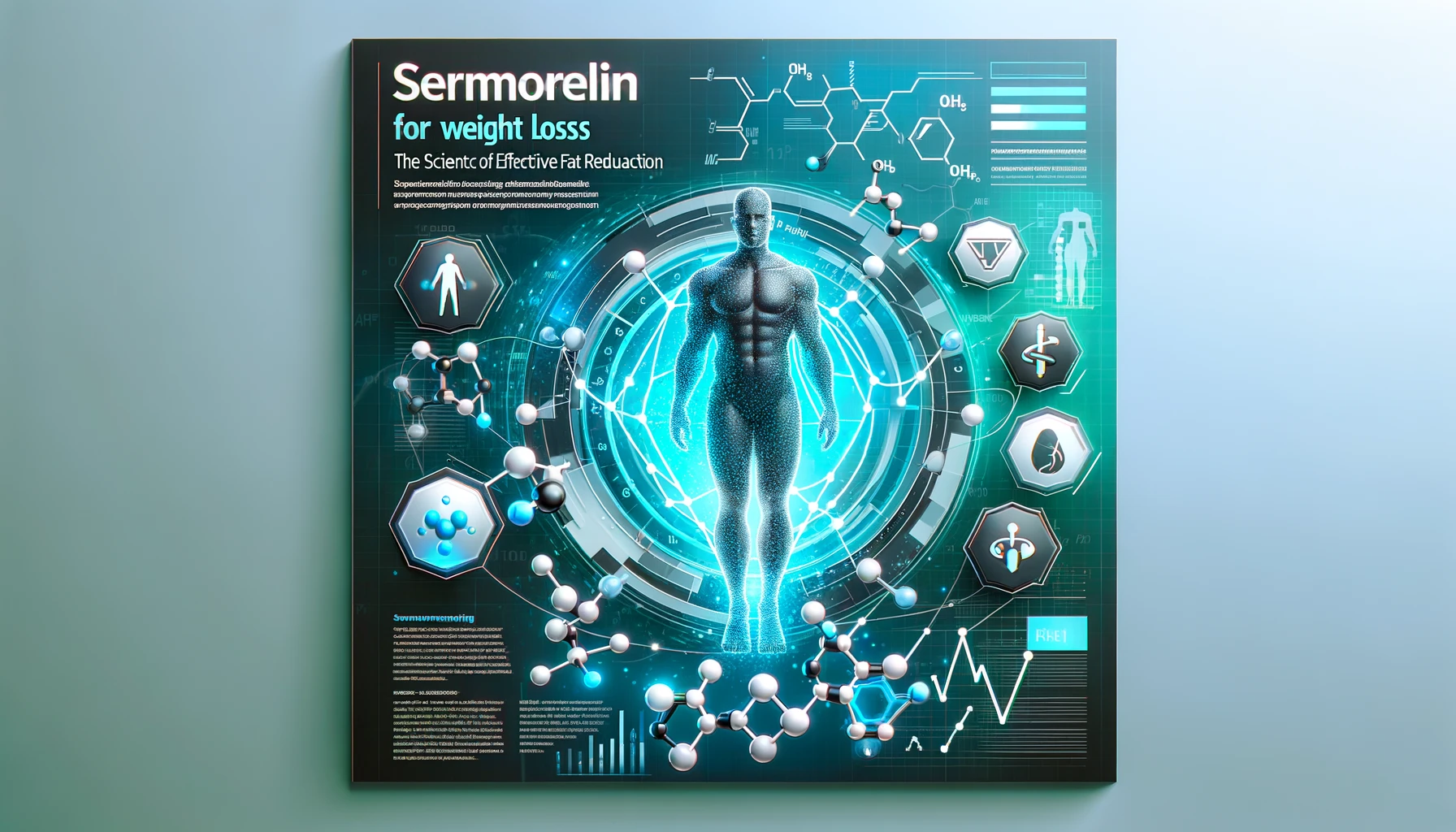
Weight Loss Tea
In today’s quest for a healthier lifestyle, many are turning to natural remedies to support their weight loss goals. One such remedy that has gained significant popularity is “weight loss tea.”
This article will explore the world of weight loss tea, its benefits, and how it can help you achieve your desired weight. So, brew a cup of your favorite tea, sit back, and delve into the science and wonders of weight loss tea.
The Science Behind Weight Loss Tea
Weight loss tea is not a magic potion, but rather a natural beverage that can complement your weight loss journey. It’s important to note that while weight loss tea can be beneficial, it should be combined with a balanced diet and regular exercise for optimal results.
1. Boosting Metabolism: The Catechin Effect
Catechins, a group of natural antioxidants found abundantly in weight loss teas like green tea, are key players in the weight loss game. Here’s how they work their magic:
- Metabolism Enhancement: Catechins, particularly epigallocatechin gallate (EGCG), have been extensively studied for their ability to boost metabolism. When you consume weight loss tea, catechins stimulate the production of norepinephrine, a hormone that helps break down fat cells. This process is called thermogenesis, and it results in increased calorie expenditure, even when you’re at rest. In simple terms, your body becomes more efficient at burning calories, helping you shed pounds.
2. Appetite Suppression: The Polyphenol Power
Certain weight loss teas, like oolong tea, possess polyphenols that can suppress your appetite. Here’s how it works:
- Regulating Hunger Hormones: Oolong tea contains polyphenols that can influence the hormones responsible for hunger and fullness. By promoting a sense of fullness and reducing the production of hunger hormones, oolong tea can help you control your calorie intake. This is particularly beneficial if you struggle with overeating or snacking between meals.
3. Fat Oxidation: The Caffeine Connection
Caffeine is another key component found in many weight loss teas, and it plays a vital role in fat oxidation:
- Mobilizing Fat: Caffeine is a natural stimulant that can increase adrenaline levels in your body. Adrenaline, in turn, signals the release of fatty acids from fat tissues into the bloodstream. These fatty acids are then available for energy production. In essence, caffeine helps your body access and burn stored fat.
4. Reducing Water Weight: The Diuretic Effect
Some weight loss teas have mild diuretic properties, which can lead to a reduction in water weight. While this isn’t fat loss, it can contribute to a slimmer appearance by reducing bloating.
- Diuretic Action: Certain teas, such as dandelion tea, have diuretic effects. This means they encourage your kidneys to expel excess sodium and water from your body. As a result, you may notice a temporary reduction in water weight. While this isn’t a long-term solution, it can help you feel less bloated and appear leaner for a short period.
The Benefits of Weight Loss Tea
1. Natural and Safe
Weight loss tea stands out as a natural and safe choice for those seeking to shed excess weight. Here’s why:
- No Artificial Additives: Unlike many weight loss supplements, weight loss tea is typically free from artificial additives, chemicals, and synthetic ingredients. This means you can enjoy it without concerns about potentially harmful side effects.
- Minimal Processing: Weight loss teas are often minimally processed, preserving the integrity of the natural ingredients. This makes them a clean and pure option for those who prefer natural remedies.
2. Rich in Antioxidants
Weight loss teas, particularly varieties like green tea, are packed with antioxidants. These compounds offer a multitude of health benefits:
- Free Radical Defense: Antioxidants combat free radicals in the body. These harmful molecules can cause cellular damage and contribute to chronic diseases. By consuming antioxidant-rich weight-loss tea, you provide your body with a defense mechanism against these harmful agents.
- Reduced Disease Risk: Regular consumption of antioxidant-rich teas has been associated with a reduced risk of various chronic conditions, including heart disease, cancer, and diabetes. These teas contribute to overall health and well-being.
3. Increased Energy
Many weight loss teas contain caffeine, a natural stimulant that offers an energy boost:
- Sustained Alertness: The caffeine in weight loss tea provides a gentle, sustained boost of energy. It helps you stay alert and focused throughout the day, making it an excellent alternative to sugary or highly caffeinated beverages.
- Enhanced Physical Performance: Some individuals use weight loss tea as a pre-workout drink. The caffeine content can enhance physical performance and endurance during exercise sessions.
4. Stress Reduction
Certain weight loss teas, such as chamomile and lavender, have soothing properties that can help alleviate stress:
- Calming Effects: The compounds in these teas promote relaxation and reduce stress and anxiety levels. Managing stress is essential for weight management since high-stress levels can lead to emotional eating and weight gain.
- Better Sleep: Weight loss teas with calming properties can also improve sleep quality. Adequate sleep is crucial for overall health and can indirectly support your weight loss efforts.
5. Digestive Aid
Some herbal weight loss teas, including peppermint and ginger, have digestive benefits:
- Relief from Bloating: Peppermint tea, in particular, can help soothe an upset stomach, alleviate bloating, and promote better digestion. This can contribute to a flatter stomach appearance.
- Reduced Cravings: Ginger tea can help reduce cravings for unhealthy snacks and curb overeating. Its spicy flavor can also aid in digestion.
Exploring Different Types of Weight Loss Tea
Weight loss tea comes in various forms, each with its unique flavor and potential benefits. Let’s take a closer look at some popular options:
1. Green Tea
Flavor Profile: Green tea is known for its fresh, grassy flavor with slightly vegetal notes.
Key Benefits:
- High in Catechins: Green tea is rich in catechins, particularly epigallocatechin gallate (EGCG), which is known for its metabolism-boosting properties.
- Antioxidant Powerhouse: It’s packed with antioxidants that combat free radicals and reduce the risk of chronic diseases.
- Mild Caffeine: Green tea contains a modest amount of caffeine, providing a gentle energy boost without excessive jitters.
2. Oolong Tea
Flavor Profile: Oolong tea strikes a balance between the freshness of green tea and the richness of black tea. It has a slightly sweet, floral, and fruity flavor.
Key Benefits:
- Fat Metabolism Support: Oolong tea is believed to aid in fat metabolism, making it a valuable addition to weight management efforts.
- Polyphenol Content: It contains polyphenols that can help suppress appetite and reduce overeating.
- Moderate Caffeine: Oolong tea provides a moderate caffeine kick, making it suitable for those who want a milder stimulant effect.
3. Pu-erh Tea
Flavor Profile: Pu-erh tea has a unique earthy and robust flavor, often described as having hints of wood, leather, and aged wine.
Key Benefits:
- Digestive Support: Pu-erh tea is known for its digestive benefits, aiding in digestion and reducing bloating.
- Weight Management: It’s believed to support weight management by improving fat metabolism and suppressing appetite.
- Fermented Elegance: Pu-erh is fermented and aged, which gives it a distinct character and complexity.
4. Herbal Teas
Flavor Profiles: Herbal teas come in a wide range of flavors, each unique to its ingredients. Examples include:
- Peppermint: Refreshing and minty.
- Ginger: Spicy and warming.
- Dandelion: Mildly earthy and slightly bitter.
Key Benefits:
- Digestive Aid: Herbal teas like peppermint and ginger can soothe an upset stomach and aid in digestion, reducing bloating.
- Reduced Cravings: Some herbal teas, especially ginger, may help reduce cravings and curb overeating.
- Bloating Relief: Dandelion tea is known for its diuretic properties, which can reduce water retention and bloating.
ALSO READ: Top 12 Weight Loss Teas: Discover the Best Brews for Shedding Pounds
Conclusion

Weight loss tea offers a natural and enjoyable way to support your weight management goals. By incorporating it into your daily routine alongside a balanced diet and exercise, you can harness its potential benefits.
Remember, there’s no one-size-fits-all approach to weight loss, so listen to your body and make choices that align with your unique needs and preferences.
FAQs about Weight Loss Tea
-
Q: Can I drink weight loss tea every day?
A: Yes, you can enjoy weight loss tea daily as part of a healthy lifestyle. However, moderation is key. Excessive consumption can lead to unwanted side effects such as caffeine-related issues or digestive discomfort. It’s best to listen to your body and adjust your intake accordingly.
-
Q: Are there any side effects of weight loss tea?
A: While weight loss tea is generally safe, it’s essential to be aware of potential side effects. These may include insomnia (if consumed too close to bedtime), digestive issues (especially if you’re sensitive to caffeine), and, in rare cases, allergic reactions to specific herbs or ingredients. If you experience any adverse effects, it’s best to reduce your intake or consult with a healthcare professional.
-
Q: How long does it take to see results from weight loss tea?
A: The timeline for seeing results with weight loss tea varies from person to person. Some individuals may notice changes within a few weeks, while others may take longer. Consistency in consumption and maintaining a healthy diet and exercise routine are key factors in achieving and maintaining results. It’s important to have realistic expectations and focus on long-term progress.
-
Q: Can I sweeten my weight-loss tea?
A: While it’s best to avoid adding refined sugar to your weight loss tea (as it can counteract its benefits), you can consider using natural sweeteners like honey or stevia in moderation. These options add sweetness without a negative impact on your health. Be mindful of portion sizes to avoid excess calorie intake.
-
Q: Can weight loss tea replace exercise and a balanced diet?
A: Weight loss tea should be viewed as a complement to a healthy diet and regular exercise, not as a replacement. For sustainable weight loss and overall well-being, it’s crucial to adopt a holistic approach that includes proper nutrition and physical activity. Weight loss tea can enhance your efforts, but it cannot replace the fundamental principles of a healthy lifestyle.
-
Q: Is weight loss tea suitable for everyone?
A: Weight loss tea is generally safe for most individuals. However, it may not be suitable for people with certain medical conditions, such as severe heart conditions, gastrointestinal disorders, or caffeine sensitivity. If you have any underlying health concerns, it’s advisable to consult with a healthcare professional before adding weight loss tea to your routine. Additionally, pregnant or breastfeeding individuals should exercise caution and seek medical guidance.
Incorporating weight loss tea into your daily routine can be a positive step toward your weight management goals, but it’s essential to do so mindfully and in conjunction with other healthy habits. Always prioritize your overall well-being and listen to your body’s signals when consuming weight-loss tea or any other dietary supplements.
NOTICE
Affiliate Disclosure
The links contained in this product review may result in a small commission if you opt to purchase the product recommended. This goes towards supporting our research and editorial team and please know we only recommend high-quality products.
Disclaimer
This content including advice provides generic information only. It is in no way a substitute for a qualified medical opinion. Always consult a specialist or your doctor for more information.
While the information shared here can be helpful, please remember that it is not a replacement for advice from a licensed medical professional. If you have concerns or are taking medication, please speak with a doctor before making any decisions.
Additionally, keep in mind that individual results may vary as these products are not regulated by the Food and Drug Administration. These products are not designed to diagnose, treat, cure or prevent any disease.









